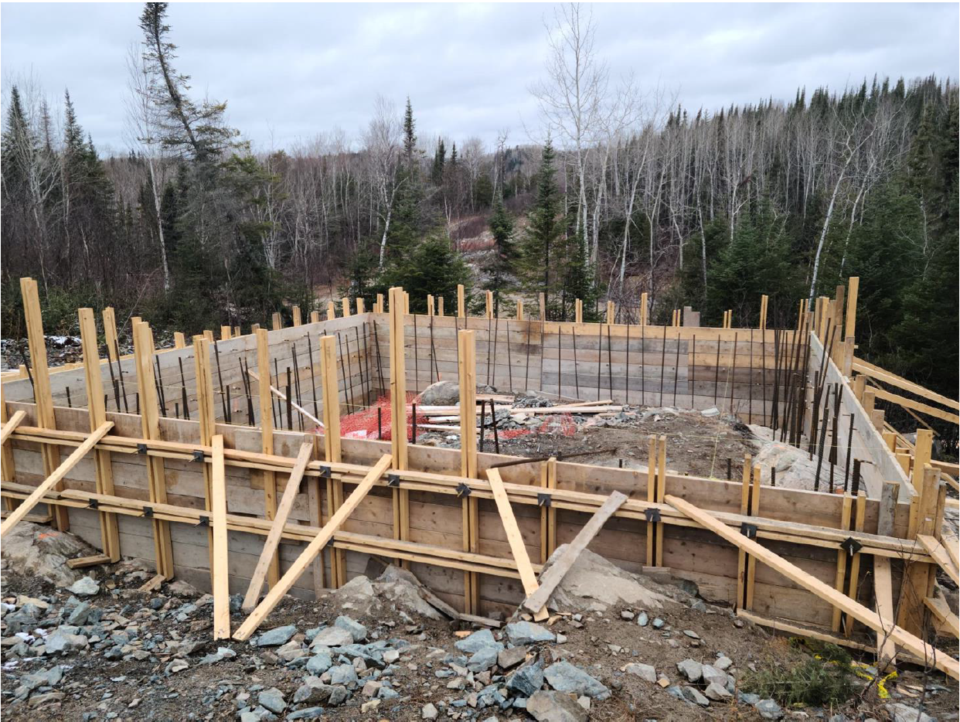THUNDER BAY — A former mining exploration area in the vicinity of Shebandowan Lakes is being restored to a more natural state as part of a government-mandated mine closure and remediation plan.
The Shebandowan West section of the former operating Shebandowan mine site was a 50/50 joint venture between Impala Canada Ltd. and Vale Canada Ltd. It became an advanced exploration project, but was never developed into a full-scale mine as Inco's original mine was 50 years ago.
When exploratory work was concluded at Shebandowan West, a concrete bulkhead was put in place to seal the mine portal, and concrete plugs were poured to seal off all vertical infrastructure. But additional work was needed to fulfill the mine closure requirements of the Ontario Ministry of Mines.
Impala, which also operates the Lac des Iles palladium mine north of Thunder Bay, enlisted the help of Fort William First Nation for the first stage of the closure and for the second phase which is set to begin this spring.
Impala said it has invested $850,000 to date to rehabilitate the landscape, cap the historic mine infrastructure, and safely secure the mine portal. It said Dingwell's and CSL Environmental — both joint ventures with Fort William First Nation — completed most of the initial phase.
The First Nation will also lead the re-vegetation and reseeding process, selecting the seed mixtures and tree seedlings, and using local top soil in the process.
When a mine is closed, Ontario requires operators to remove mining/milling-related infrastructure, close off any mine openings, ensure the stability of any long-term engineering structures that remain, and restore all soil cover materials, vegetation and water features to pre-mining or baseline conditions. Mining companies must have government-approved closure plans in place before any actual mining begins.
"It has been a meaningful experience to undertake this closure plan, which has existed on paper for decades," Impala Canada CEO Tim Hill said.
The economic development officer for Fort William First Nation, Cheryl St. James, said the First Nation looks forward to "curating the regreening of the site in a way that is respectful and supportive of the land and the local community."
Inco first opened its Shebandowan mine in 1972, and shipped nickel concentrate to its smelters in Sudbury and Thompson, Manitoba until 1998. The original mine site was largely rehabilitated by 2006.
— TBnewswatch


